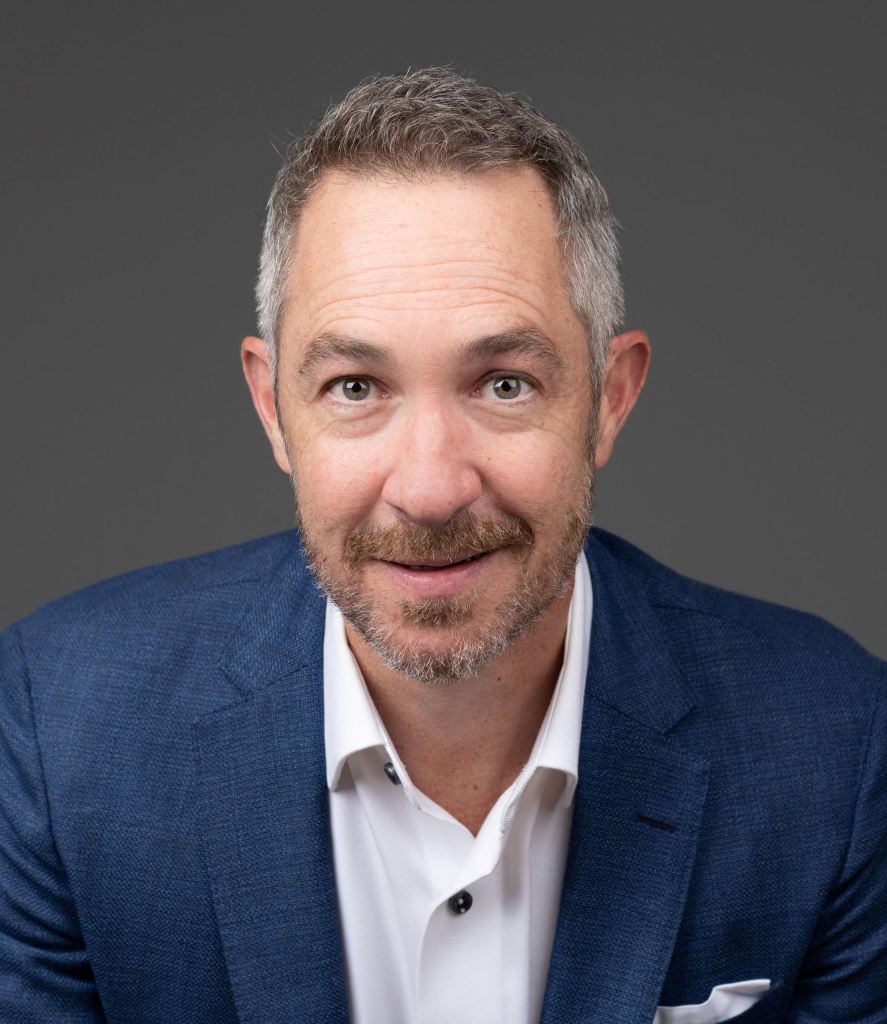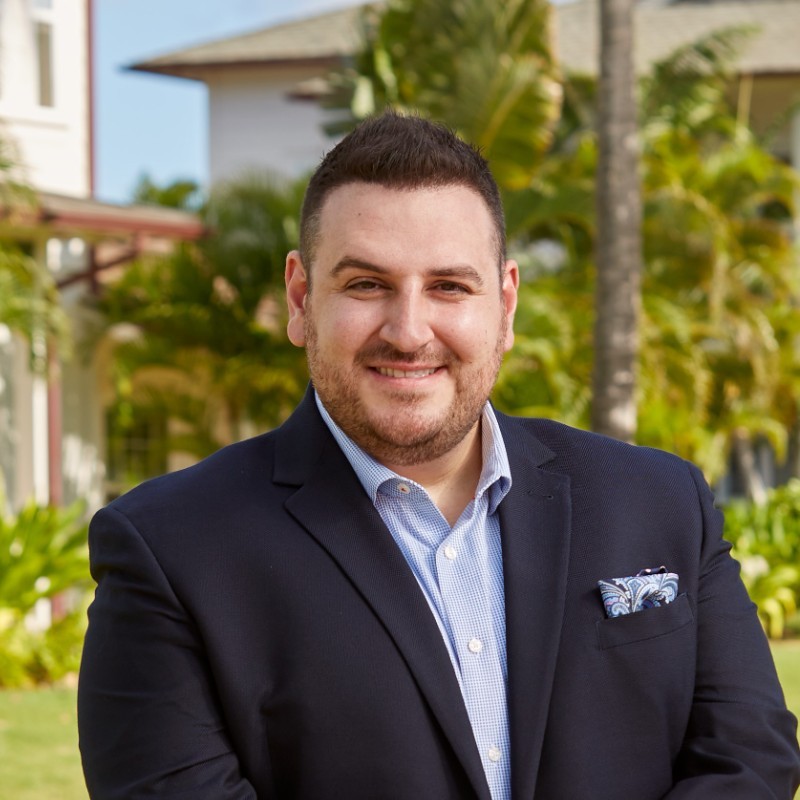As the reverse mortgage industry continues to adjust to the business norms after a pronounced refinance boom, conversations naturally turn to some perennial topics of conversation. Distribution is still an understandably broad topic of concern for industry professionals, as is product education which continues to counter some of the reputational issues the industry has faced for many years.
Another topic of conversation in the industry is the question of “new blood,” not specifically in the form of new clients but also new professionals. With the nature of work itself having gone through the crucible of the COVID-19 coronavirus pandemic, a new class of reverse mortgage professionals appears to be emerging from the pandemic to become forged in the proverbial fires of economic volatility and heightened levels of inflation.
A few recent instances of coverage on RMD have highlighted this emerging class of industry professionals who see the events of the last few years as an illustrative example of how the reverse mortgage can work for seniors seeking additional cash flow, and other professionals have observed how there could be a new opening for what many describe to be a much-needed infusion of new professionals and the perspectives they bring.
Forged in the pandemic
For reverse mortgage professionals who have entered the business either just before or during the COVID-19 pandemic, the product category helps present an option for seniors who may find themselves economically impacted by the effects COVID had on society broadly and seniors specifically. In a recent “Origins” feature, RMD spoke with originator Frank Borg, who works for a branch of Fairway Independent Mortgage Corp. in the Pacific Northwest.

Borg had a varied career path including a long tenure in the forward mortgage business before he went on to try other things, but found he needed another change due to the wider impacts of the pandemic. After deciding to return to the mortgage space, that’s when he found the reverse mortgage product.
“One of the things that I really enjoy about reverse is the timeline of a transaction,” Borg said earlier this month. “You have to really get to know your borrowers. My dad was old when I grew up, so I’m very used to interacting with older adults, and I enjoy the pace that dictates. I like the timing of the transaction, and I really feel with these loans that I’m really, truly helping people.”
Another relatively recent entrant into the reverse mortgage business is Colorado-based Jarred Talmadge, western sales manager at Simple Reverse Lending. For Talmadge — who entered the business just prior to the pandemic in 2019 — the COVID period itself proved valuable because of the need to focus on education for borrowers in a different way.
“I really think that with COVID, we were forced into a position where we had to educate the clients, because we couldn’t sit down, face-to-face with them,” he said in a recent episode of The RMD Podcast. “That changed everything because it made us have to back up and [realize that] we couldn’t rely on sitting in front of the kitchen table. I honestly think it comes down to answering the clients’ questions to the point, almost, where it feels exhaustive.”
Challenges breeding opportunities
Entering the reverse mortgage business during a unique disruption in the American economy likely helped to emphasize the potential of the product category for newcomers and industry veterans alike. Following a period of tumult in the early days of the pandemic, the reverse mortgage business began to open up to meet the needs of borrowers facing new economic challenges brought on by the disruptions of the pandemic.
A survey conducted by RMD of its readership in early 2021 indicated that sentiment among reverse mortgage professionals was very high coming out of 2020 and entering into the next year, and many expected that the pandemic would continue to boost volume over the next 12 months. That prediction was ultimately correct.
However, more recently as the HECM-to-HECM refinance boom has dissipated, the financial issues of seniors have only grown more pronounced due to historic levels of inflation. While reverse mortgage rates have climbed similarly to the spike in rates on the forward side, industry professionals nonetheless have expressed to RMD that a rise in rates does not make a reverse mortgage prospect definitively less viable for certain borrowers.
Industry growth through education
With these challenges come new opportunities for an influx of reverse mortgage professionals. The initial pandemic interest that has given way to inflation challenges for seniors is likely to continue bringing new blood into the industry, according to longtime reverse mortgage industry wholesale professional Josh Moran.
“I think the number [of new professionals] is going to continue to grow,” Moran said. “What you’re seeing is a lot of brokers who have just been tried and true Fannie, Freddie, FHA and VA brokers who are now struggling to pay the bills. [W]hat we’re seeing a lot more of is folks who normally would have taken a reverse mortgage and [referred it to] one of the other brokers who they know does some reverse, and you’re going to start to see a lot of the forward brokers move away from referring those out to their friends or other partners and taking those loans on themselves, and they’re going to need that help.”

That help could come in many forms, including a coaching business started by reverse mortgage professional Christina Harmes Hika, who described for RMD earlier this year how she started a coaching business to orient more new or existing mortgage professionals toward the reverse business.
That’s not to say that in terms of industry activity all the problems around education — for both clients and new professionals — have been solved. That continues to be an area the industry needs to improve, according to Omar Ennabe, co-founder and branch manager of Ennkar, Inc.
“We constantly talk about how low our market penetration is, and I think that’s partly because we haven’t educated loan officers,” Ennabe said. “Even when you do the continuing education through these websites, there is very, very little material on reverse mortgages, or it’s non-existent. They don’t even mention reverse mortgages in the seven hours that are required to do for California, so I just feel like we’ve done a poor job of educating loan originators.”





